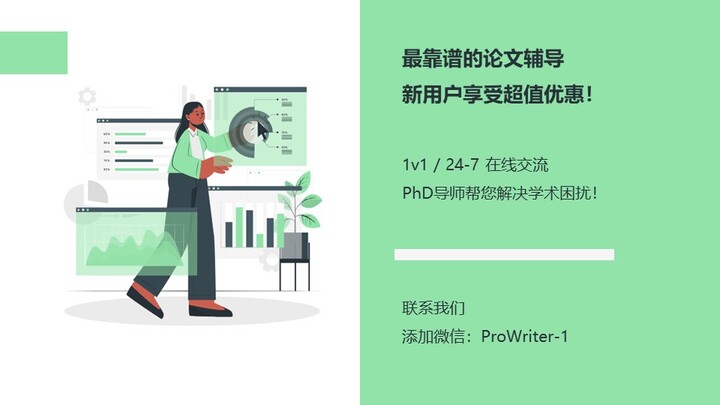
In this essay, I will be identifying how responsible and sustainable leadership can make a positive contribution when addressing the challenges that society and businesses face. How I will be addressing the positive contribution is by using theories and different journals that talk about sustainable and responsible leadership inside different sectors of business. How you can describe sustainable leadership is by three core principles learning through doing, having a clear sense of personal purpose and awareness of personal assumptions (Casserley and Critchley, 2010) this meant by leaders should not just focus on making a profit but should focus on improving certain elements of individuals to make life much easier. The manufacturing industry has been exploring different ways to raise profit, productivity and quality while decreasing costs, defects and lead time delivery to end-users, all of this to must-have mutual support from suppliers, employees, distributors and customers, without it a leader cannot serve his purpose without facing criticism for not being sustainable in its services.
To sum up, sustainability performance involves performance related to: level of emission and natural resource saving; other environmental activities and initiatives; employment features; occupational health and safety; relationships with society and community; involvement of stakeholder; and economic impacts of the organization other than those financial assesses applied in the financial accounts.
Cheerawit (2014) conducted a research from 540 managers in Thailand’s automotive part industry. The results reflected that there is a relationship between leadership and firm performance through lean manufacturing practices. such as theories as lean manufacturing processes have been a huge way in which leaders have been able to incorporate this into their manufacturing process. Small to medium businesses (SMEs) have had a huge success with lean being implemented by senior leadership, Achanga (2006)” conducted a study on the critical success factors for lean implementation within the small and medium enterprises (SMEs) and found that strong leadership behaviours are vital to successful application of the principle of lean practices within SMEs, this significant impact in especially in an area where manual labour is being phased out and the introduction automation has had benefit effects as they have been able to produce more products without, he usage of excess materials whilst in terms of leadership elimination of waste from the production process and efficiency in making excellent quality products that fulfil consumers’ needs but though these changes have been used in many studies there’s hasn’t been an official standard or guideline in which senior management can implement to be formally recognized and also firms are struggling to succeed long-term benefits by applying sustainability activities as principal organizational strategy Chabowski (2011) which means leader may sought to different approaches that may not be as/ not at all sustainable for the environment but none has been very effective.
Transformational leadership comprises idealized influence and charisma (strong role models with high ethics), inspirational motivation (high team spirit and shared vision), intellectual stimulation (stresses problem solving and creativity) and individualized consideration (supportive climate and use of delegation). Meanwhile, SL comprises foundation practices, higher-level practices and key performance drivers. First, foundation practices are associated with technical, operational and human skill. Second, higher-level practices are related to conceptual skill, team and culture building. Finally, key performance drivers are associated with innovation and employee engagement building. Presently, business cannot survive with only one skill such as technical, operational, human relationship and conceptual skill; however, it requires combination of these skills. In addition, it requires advanced technological, forefront innovation, quick adaptation as well as employee and all supply chain members engagement (Achanga 2006; Found and Harvey, 2007). These characteristics are necessary factors to enhance the lean manufacturing, resulting in sustainability performance (Chanegrih and Creusier, 2016).
Responsible leadership can be explained as leadership that has huge element of responsibility, and you can define responsibility as “Responsibility in this sense most often is synonymous with accountability and dependability” (as in being accountable for performance and being dependable in achieving promised performance) (Bass and Bass 2008; Meindl and Ehrlich 1987). Responsible leaders will try and contribute by knowing how to act when a problem with occurs, they must maintain certain values when dealing with a company’s accountability and being dependable they must trusted by a multitude of stakeholder such as customers and shareholders to be the public image of the company and not to do anything that might endanger a company reputation. When it comes to responsible leaders in the manufacturing sector have a responsibility in informing customers of any major problems that can occur during production of products must find ways in which they can assure consumers that the best course of action is taken and must make stakeholders feel confident.
References
Casserley, T. and Critchley, B. (2010), “Sustainable leadership: perennial”, available at: http://vanel.org. uk/leaders/wp-content/uploads/2010/09/Sustainable-Leadership-article-sep10.pdf (accessed January 08 2020).
Cheerawit, S., Napompech, K. and Panjakhajornsak, V. (2014), “Model of leadership and the effect of lean manufacturing practices on firm performance in Thailand’s auto parts industry”, Research Journal of Business Management, Vol. 8 No. 2, pp. 104-117.
Achanga, P., Shehab, E., Roy, R. and Nelder, G. (2006), “Critical success factors for lean implementation within SMEs”, Journal of Manufacturing Technology Management,
Chabowski, B.R., Mena, J.A. and Gonzalez-Padron, T.L. (2011), “The structure of sustainability research in marketing 1958-2008: a basis for future research opportunities”, Journal of Academic of Marketing Science.
Bass, B. M., & Bass, R. (2008). The bass handbook of leadership: Theory, research, and managerial applications (4th ed.)
Meindl, J. R., & Ehrlich, S. B. (1987). The romance of leadership and the evaluation of organizational performance. Academy of Management Journal,
Found, P.A. and Harvey, R. (2007), “Leading the lean enterprise”, IET Engineering Management
Chanegrih, T. and Creusier, J. (2016), “The effect of international and external lean practices on performance: a firm-centered approach”, Management International











